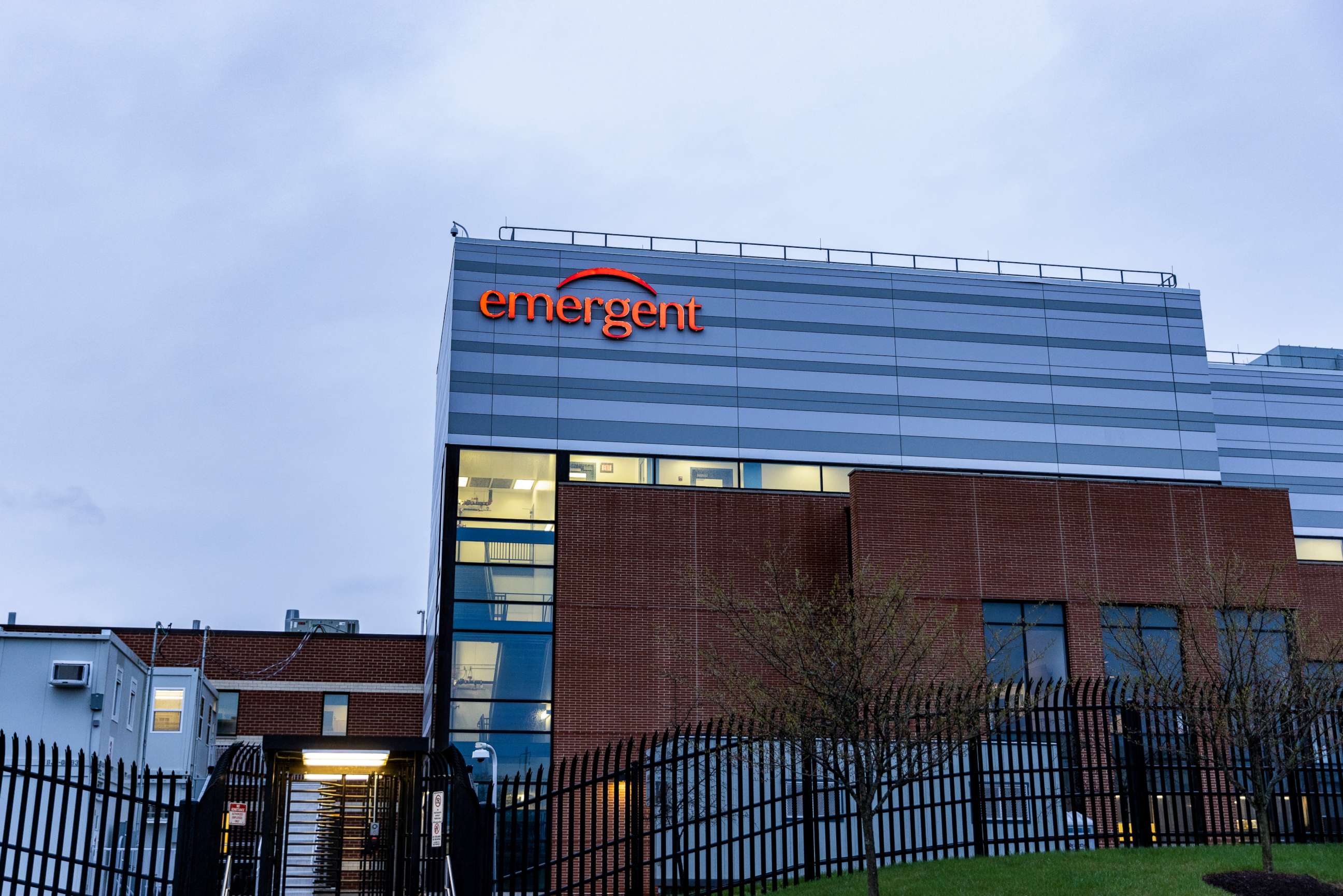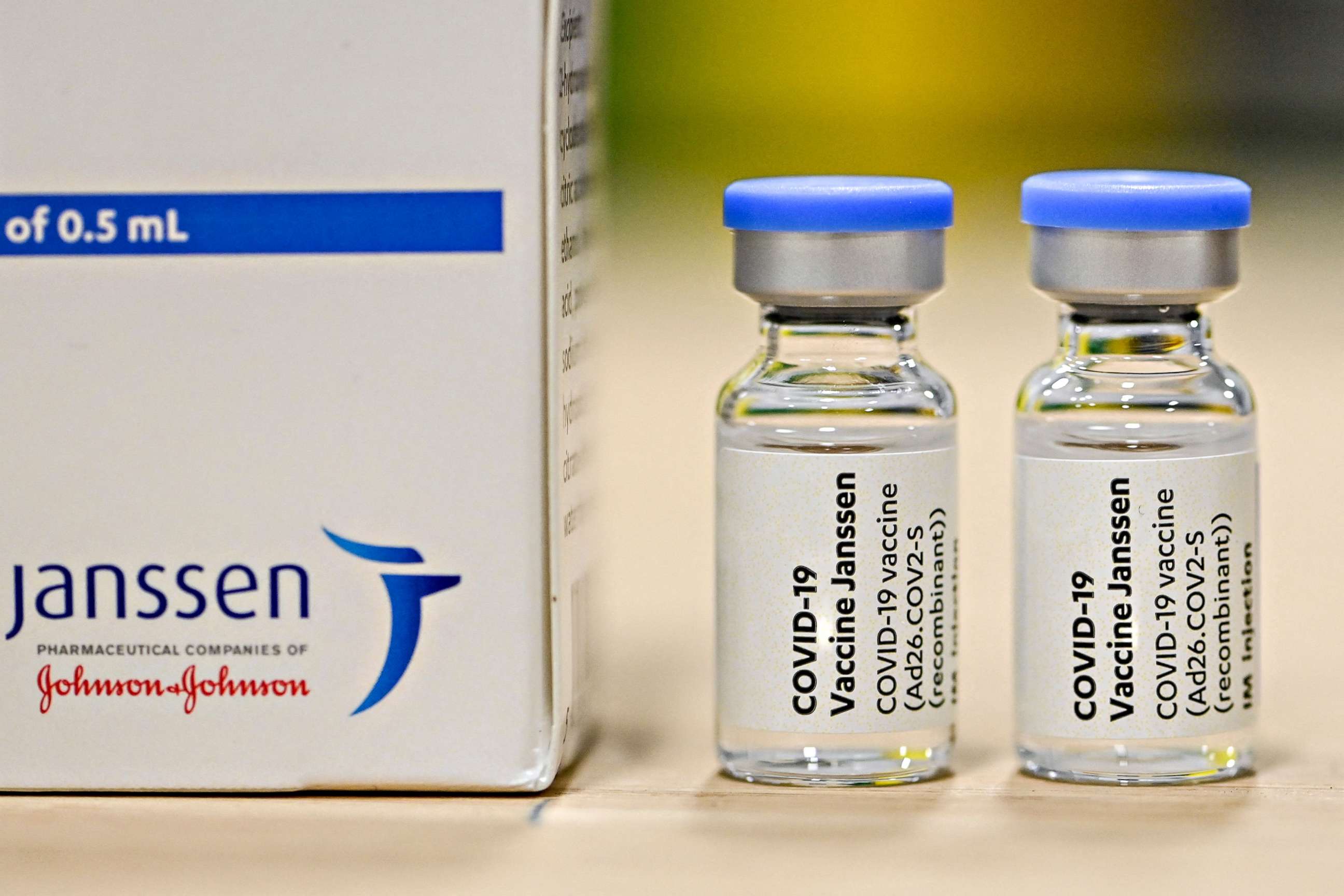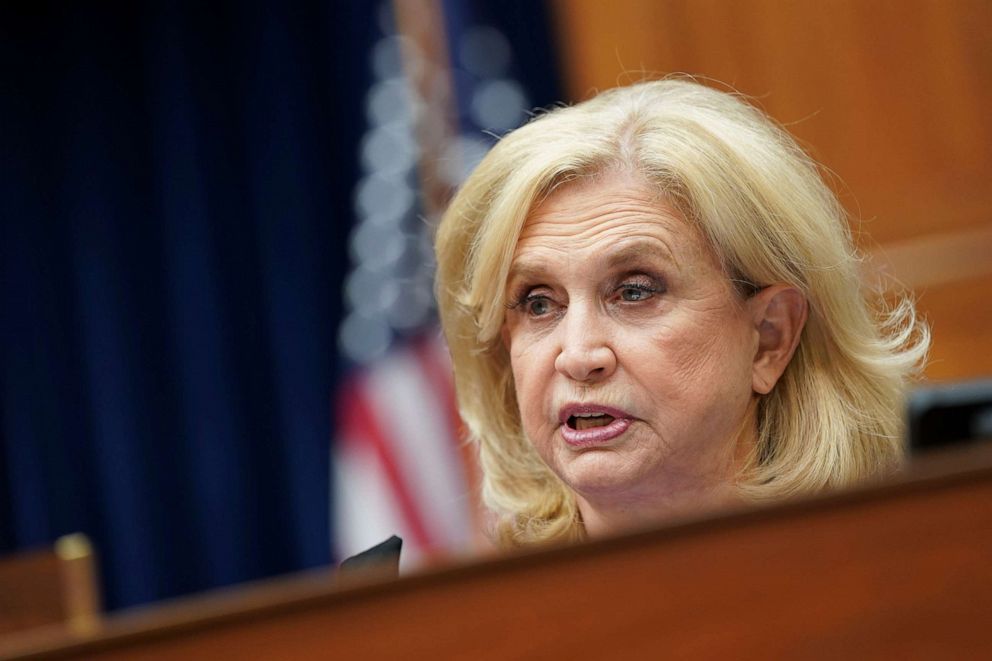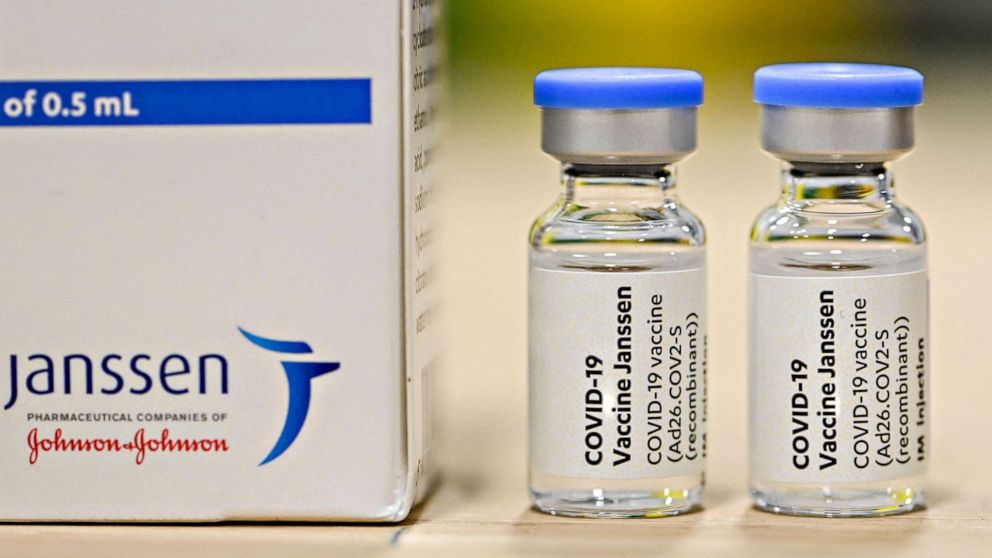Emergent's spotty track record: What years of inspection reports show about firm tasked with helping make vaccine
Even as shots of the Johnson & Johnson COVID-19 vaccine resume across the country following a recent federally-recommended pause, new manufacturing at a key facility tasked with helping make the vaccine is still on hold.
Emergent BioSolutions -- the company whose Baltimore-area plant had been developing a key component for both Johnson & Johnson and AstraZeneca -- accidentally cross-contaminated and ruined up to 15 million doses' worth of vaccine ingredients, which were never distributed in the United States but ground the manufacturing progress to a halt in early April, with AstraZeneca moving future production from Emergent altogether in order to avoid future mix-ups. The facility had been partially financed by federal dollars in 2012, part of a public-private partnership to prepare for an urgent health crisis -- like a pandemic.
But the recent cross-contamination at the Baltimore plant is not the first time Emergent has had to answer questions about their quality control.
A pattern of problems
ABC News has obtained more than a decade of the company's FDA inspection reports through the regulatory intelligence company Redica Systems, which itemize in detail a pattern of problems across multiple international Emergent facilities, over the course of several years. The issues have included leaks and cracks in critical equipment, mold, peeling paint, stained ceiling tiles, inadequate personnel training, and IT infrastructures left vulnerable to data compromise, which were observed by investigators on site and flagged for immediate fixing.
A 2011 report on a facility in Michigan stated that procedures for cleaning equipment were "inadequate," and that the flow of equipment and personnel was not designed to prevent the spread of materials into other areas.
In 2018, at a different Emergent facility in the U.S., inspectors found that "buildings used in the manufacturing, packaging and holding" of drug products were "not maintained in good state of repair."
And in April of 2020 -- as COVID-19's grip tightened, and as Emergent announced an initial $135 million partnership with Johnson & Johnson to support their vaccine effort -- FDA investigators warned Emergent was not doing enough to "prevent contamination or mixups" at its crucial Baltimore plant.
At the time, none of the three vaccines currently available in the U.S. had been authorized for use, with clinical trials not yet complete; nor did scientists know if the vaccines would even work.
But with vaccines seen as the nation's best chance at salvation from the virus, the manufacture of the one-dose Johnson & Johnson vaccine relied on that plant to produce millions of that essential and specific viral vector component -- one of the few in the U.S. that could produce that initial ingredient.

In June of 2020, Operation Warp Speed granted Emergent a $628 million contract to aid in the fight against the coronavirus with their manufacturing muscle.
Ten months later, FDA investigators visited the plant again and found that urgent issues -- including unsanitary conditions, a lack of adequate "process control procedures," and the continued risk of substance spoilage through cross-contamination -- had not been resolved, according to the reports.
"Things go wrong all the time," said Dr. Nicole Lurie, who, as Assistant Secretary for Preparedness and Response at the Department of Health and Human Services under President Barack Obama, oversaw the office that awarded Emergent the 2012 contract. "If I were in a situation knowing I was going to have to count on manufacturing from this facility, and I were still in government, I would say, 'I'm going to have to track this every week and make sure they can manufacture, make sure the issues were fixed.' That didn't happen. There seems to have been a lack of accountability."
A complex process
Experts say that manufacturing complex biological products like the viral vector vaccines used by Johnson & Johnson and AstraZeneca -- especially on a large scale -- is complex. The FDA's quality control regulations are designed to prevent cross contamination, glass contamination, substandard products and other mishaps that could harm the patients who ultimately take these products.
"Every inspection starts with the quality management system," said Patrick Stone, a former FDA investigator who has not personally inspected Emergent. "Is the manufacturer in a state of control? Are all of their stakeholders trained to do their job? Do their job descriptions tell us what they do -- the cleaning staff all the way up to the technicians that are in the manufacturing suite?"
"All of that gives a sense of control as well," Stone said. "Does it look clean? Does it look maintained?"
Emergent is not the first company to face rebuke; when inspectors show up for their evaluations, the FDA typically finds problems that need to be addressed about half the time, according to data from Redica Systems.
But when inspectors have visited Emergent's sites, they have found issues more than 90% of the time, according to Redica.

Emergent says that identifying deficiencies is part of the regulatory process -- especially for the "difficult and complex" products they make -- and that the company is under unprecedented pressure due to the pandemic.
"There are many intricate and detailed steps required," Emergent CEO Robert Kramer said on a call with investors Thursday night. "We took a process that normally takes years, and condensed it into months. We didn't flinch at that challenge because that's what this company was built for. We take on public health challenges that others won't."
Emergent officials told ABC News in a statement that they have "responded proactively and voluntarily to correct any deficiencies."
Johnson & Johnson has projected enough vaccine for 1 billion people globally this year, with another 2 billion in 2022. But while their manufacturing capabilities are global, there are currently just three plants that make the initial viral vectors required for the final fill and finishing process. Emergent's Baltimore facility is one of them, expected to deliver millions of doses' worth of that key ingredient. But none of it can leave the Baltimore facility until the FDA grants them authorization.
In a private call Tuesday with U.S. governors, obtained by ABC News, White House COVID-19 Response Coordinator Jeff Zients reiterated that the Emergent plant is now under Johnson & Johnson's supervision, and is working to address the problems.
"If and when they secure the FDA authorization, there will be a significant number of doses made available in short order, and that could be potentially be sometime in the next couple of weeks," Zients said, offering a potential timeline. "And this could be a significant number of J&J doses -- possibly several million."
Concerns from Congress
Lawmakers, however, are now insisting on more stringent scrutiny into how and why the company got its contract.
Rep. Carolyn Maloney, D-N.Y., the chairwoman of the House Oversight and Reform Committee, and Rep. James Clyburn, D-S.C., chairman of the Select Subcommittee on the Coronavirus Crisis, are launching an investigation into Emergent's profits and performance under its federal contract, questioning why the company received the multimillion dollar Operation Warp Speed contract despite what Maloney called a "long, documented history of inadequately trained staff and quality control issues."
"We need to see how this mistake happened, so we can prevent it in the future," Maloney told ABC News' Bob Woodruff.

"It's very important who receives these contracts," she said. "We were in an emergency to save American lives on a fast track, to get it done appropriately, honestly, fairly and scientifically."
Maloney's committee is in the process of receiving and reviewing documents from Emergent, with a hearing set for mid-May; they expect Emergent leaders to show up, and "answer questions about how this happened," Maloney said.
No Johnson & Johnson COVID-19 vaccine components made by Emergent have been released for use so far. Instead, with manufacturing of new vaccine substance at the Baltimore plant still on pause, Johnson & Johnson has been relying on their facility in the Netherlands for their key viral vector vaccine ingredient.
"You have my commitment that we're going to do everything we can to resolve these issues as quickly and as safely as possible," Kramer, the CEO, told investors Thursday night. "I'm proud of the fact that we jumped into this and did everything we could, everything we can right now, to stand up and stabilize this supply chain. And we would absolutely do it again."
ABC News' Eric M. Strauss, Bob Woodruff, Victor Ordonez and Jason Kuang contributed to this report.




